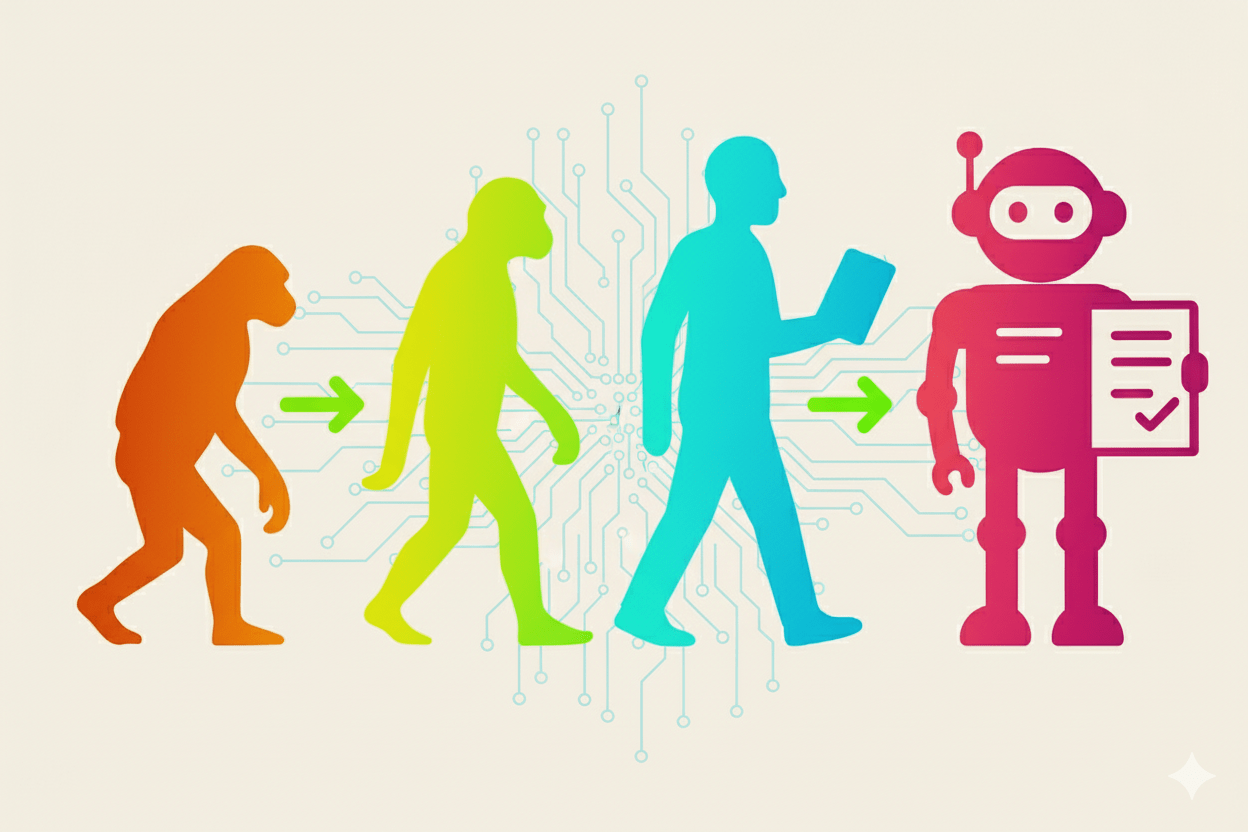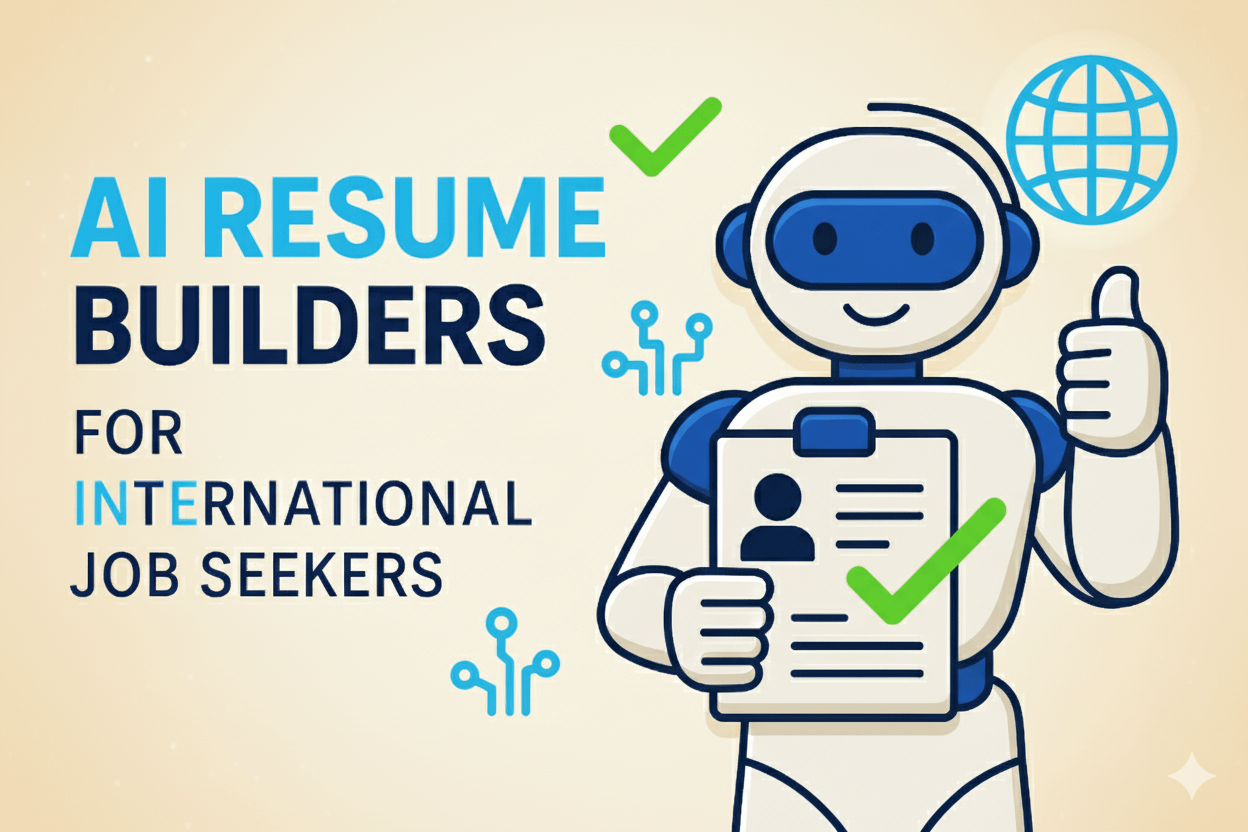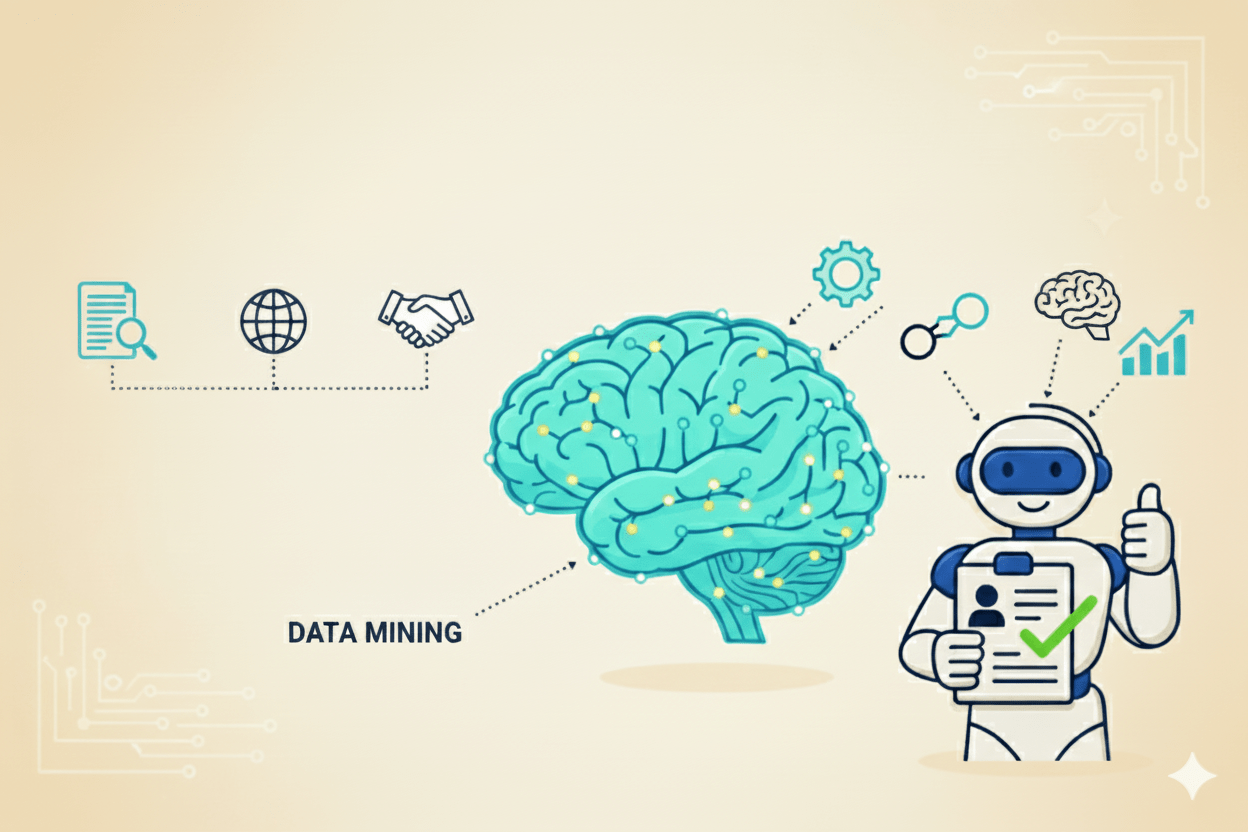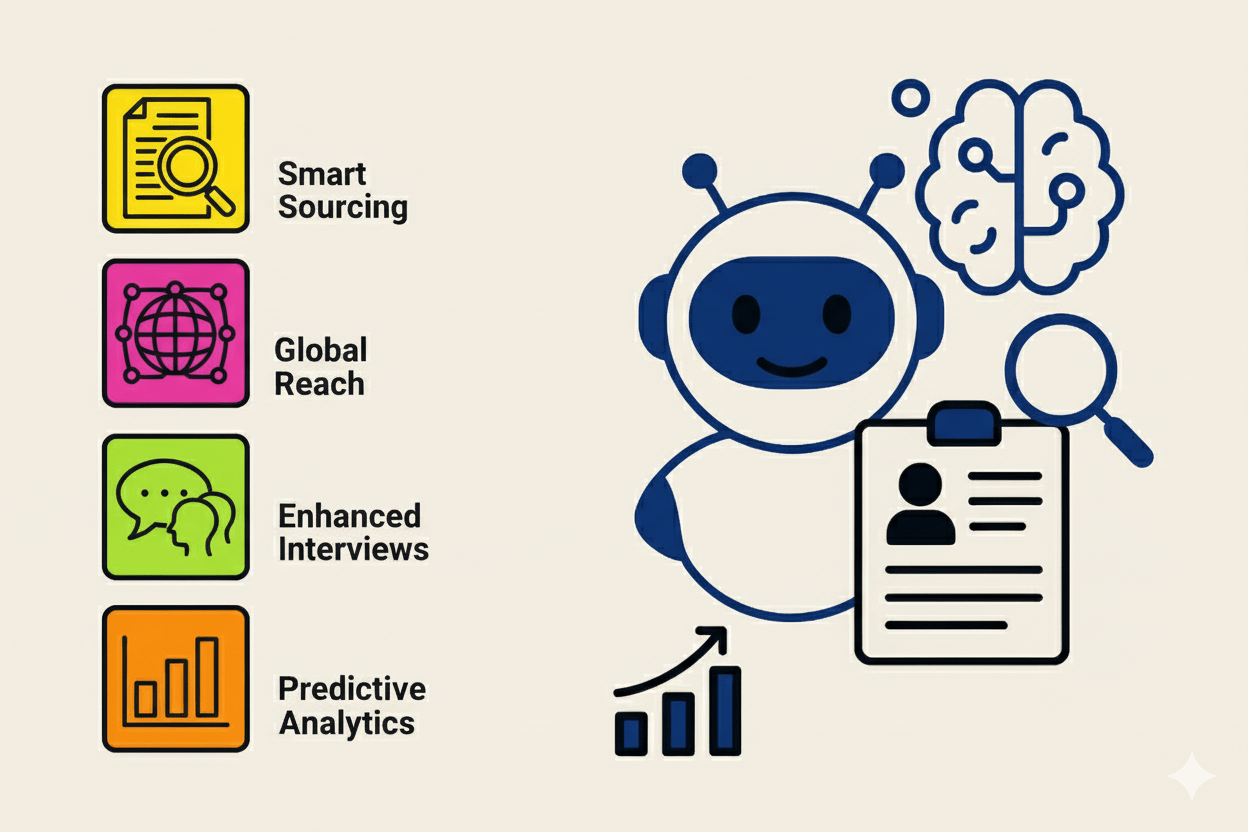How the Job Market Has and Will Change
Title: Want to Work in One of the World’s New Careers? How the Job Market Has and Will Change
Technology, globalization, and shifting social priorities are rapidly transforming the world of work. Traditional career paths are being disrupted, new jobs are emerging at an incredible pace, and the skills in highest demand are constantly evolving. This blog post delves into the trends shaping the future job market, providing data, insights, and advice for future-proofing your career.
How the Job Market Has Already Shifted
- The Rise of the Gig Economy: Freelancing, contract work, and the “side hustle” have exploded in popularity, offering flexibility but often with less stability and fewer benefits than traditional jobs.
- Automation’s Impact: Routine, repetitive tasks are increasingly automated, leading to job displacement in sectors like manufacturing and administrative work.
- Globalization and Outsourcing: Companies seeking cost advantages often move jobs overseas or outsource to third-party providers, shaking up the employment landscape across industries.
- Data-Driven Everything: The explosion of data has created massive demand for dataanalysts, data scientists, and other professionals who can extract actionable insights. This trend spans industries from healthcare to marketing.
Data Snapshot: Careers of the Future
- World Economic Forum’s “Jobs of Tomorrow” Report: This report (and similar ones like it) highlight growing job categories: [Ref: World Economic Forum, Jobs of Tomorrow Report]
- Data and Artificial Intelligence
- Green Economy Roles (Renewable energy, sustainability)
- Care Work (Healthcare, childcare, eldercare)
- Engineering and Cloud Computing
Key Skills To Succeed in a Shifting Market
- Digital Fluency: Comfort with technology, from basic software to emerging AI tools, is becoming non-negotiable across sectors.
- Problem-Solving & Critical Thinking: The ability to analyze complex challenges, evaluate information, and propose innovative solutions is invaluable in a rapidly evolving landscape.
- Adaptability and Resilience: The careers of the future may follow less linear paths. Being open to learning, pivoting between roles, and embracing uncertainty are key.
- Communication and Collaboration: Even highly technical roles require strong communication skills to build relationships, convey ideas effectively, and work within diverse teams.
- Lifelong Learning: Commit to continuously updating your skills and knowledge. The most sought-after employees will be those who proactively upskill throughout their careers.
Emerging Careers to Watch
- Artificial Intelligence Specialists: From AI researchers to machine learning engineers to those focused on ethical AI implementation, this field will continue booming.
- Sustainability Professionals: Climate change and resource scarcity will drive demand for renewable energy experts, environmental engineers, and sustainable product designers.
- Cybersecurity Analysts: Protecting digital information is a growing concern, leading to high demand for individuals with expertise in network security and threat detection.
- Virtual and Augmented Reality Developers: As VR/AR applications expand into fields like education, training, and entertainment, those with skills in creating these experiences will be in demand.
- Robotics Engineers: The continued advancement of robotics will require skilled engineers and technicians for design, programming, and maintenance within sectors ranging from manufacturing to healthcare.
- Genetic Counselors: As personalized medicine and gene editing become more prevalent, genetic counselors who can analyze and interpret genetic data will play a crucial role in healthcare.
How to Prepare for the Future
- Network Strategically: Build relationships with people in emerging industries. Attend industry events, connect on platforms like LinkedIn, and actively expand your professional circle.
- Upskill and Reskill: Explore online courses, certifications, or boot camps in areas like data analytics, programming, cybersecurity, or AI to make yourself a more competitive candidate.
- Embrace the Freelance Mindset: Even if your aim is a traditional job, developing some freelance skills can enhance your adaptability and create potential side income streams.
- Follow the Data: Labor market reports from organizations like the Bureau of Labor Statistics (https://www.bls.gov/) can give you insight into growing and shrinking industries.
Conclusion
While predicting the exact jobs of the future is impossible, understanding the major trends shaping the work landscape is vital. By embracing adaptability, cultivating in-demand skills, and proactively pursuing emerging fields, you can unlock a world of exciting career possibilities in the rapidly changing job market. Don’t be afraid to reinvent yourself, learn new things, and take strategic risks – the future of work belongs to those who are prepared!







